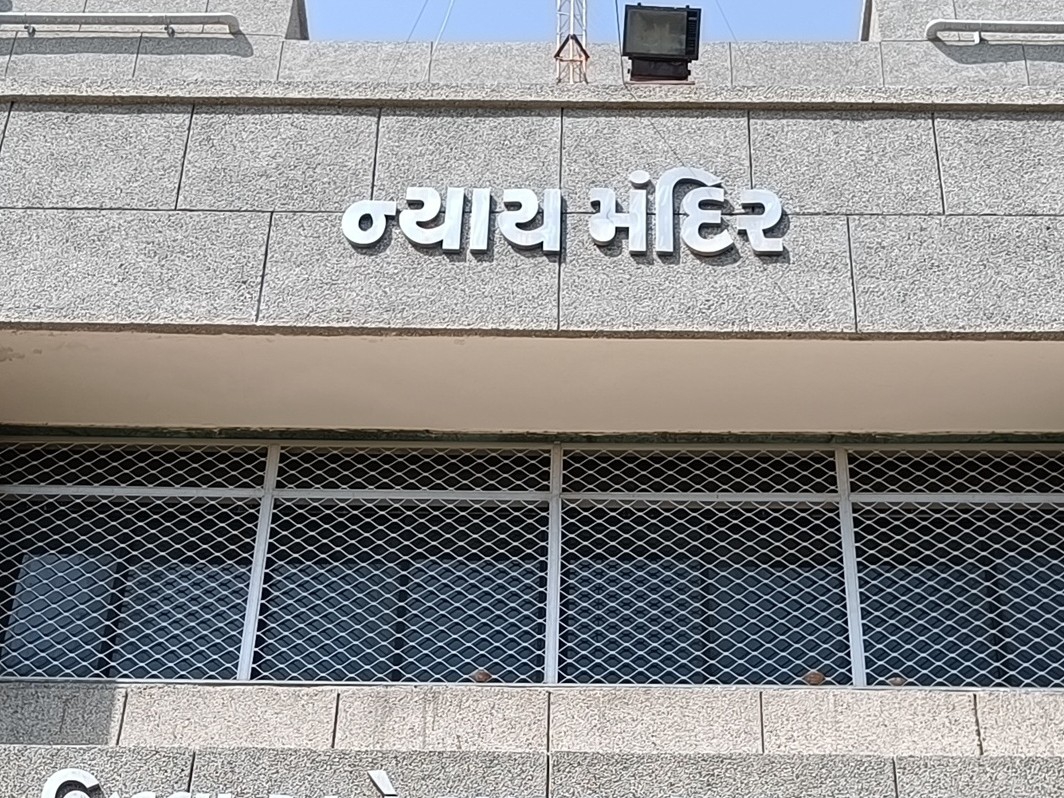Vijay Kumar Ghai vs. The State Of West Bengal – (Supreme Court) (22 Mar 2022)
૪૨૦ અને ૪૦૬ નો ગુનો સીધો બનતો નથી. તેના માટે ગુનાહિત ઈરાદો પ્રથમ થી જ હોવો જોઈએ.

IPC ની કલમ 406 અને 420 ના ઘટકોને આકર્ષવા માટે, ફરિયાદી તરફથી પ્રાથમિક દૃષ્ટિએ એ સ્થાપિત કરવું હિતાવહ છે કે પિટિશનર અને/અથવા અન્ય લોકો દ્વારા છેતરપિંડી કરવાનો અને/અથવા છેતરપિંડી કરવાનો ઈરાદો હતો. ફરિયાદી શરૂઆતથી જ. વધુમાં, તે પ્રાથમિક દૃષ્ટિએ સ્થાપિત હોવું જોઈએ કે છેતરપિંડીના આવા કથિત કૃત્યને લીધે, ફરિયાદી (અહીં પ્રતિવાદી નંબર 2) ને ખોટી રીતે નુકસાન થયું હતું અને તેના પરિણામે આરોપી (અપીલકર્તા) ને ખોટી રીતે ફાયદો થયો હતો. આ તત્વોની ગેરહાજરીમાં, IPCની કલમ 420 હેઠળ શિક્ષાપાત્ર અપરાધના આચરણ અંગે કાયદાની દૃષ્ટિએ કોઈ કાર્યવાહી માન્ય નથી. તે સ્પષ્ટ છે કે, અરજદારને હેરાન કરવાના ઉદ્દેશ્યથી ફરિયાદ ખૂબ જ વિલંબિત તબક્કે નોંધવામાં આવી હતી અને તેમાં કોઈપણ સત્ય નથી.
Summary of the Case
Criminal
Present appeal is directed against the judgment passed by the High Court filed by the Appellants praying for quashing of proceedings pending before the Court of Learned Chief Metropolitan Magistrate and arising out of Police Station Case under Sections 420, 406 and 120B of the Indian Penal Code, 1860 (IPC).
By the said judgment, the High Court dismissed the prayer for quashing of the proceedings and held that continuance of criminal proceedings against the present appellant/accused would not be an abuse of the process of the court.
A mere breach of contract is not in itself a criminal offence and gives rise to the civil liability of damages. However, as held by this court in Hridaya Ranjan Prasad Verma & Ors. Vs. State of Bihar & Anr., the distinction between mere breach of contract and cheating, which is criminal offence, is a fine one. While breach of contract cannot give rise to criminal prosecution for cheating, fraudulent or dishonest intention is the basis of the offence of cheating. In the case at hand, complaint filed by the Respondent No. 2 does not disclose dishonest or fraudulent intention of the Appellants.
In view of the complaint/FIR and even the chargesheet, it cannot be said that the averments in the FIR and the allegations in the complaint against the Appellant constitute an offence under Section 405 & 420 of IPC. Even in a case where allegations are made in regard to failure on the part of the accused to keep his promise, in the absence of a culpable intention at the time of making promise being absent, no offence under Section 420 of IPC can be said to have been made out. In the instant case, there is no material to indicate that Appellants had any malafide intention against the Respondent which is clearly deductible from the MOU dated 20th August, 2009 arrived between the parties.
In order to attract the ingredients of Section of 406 and 420 of IPC, it is imperative on the part of the complainant to prima facie establish that there was an intention on part of the Petitioner and/or others to cheat and/or to defraud the complainant right from the inception. Furthermore, it has to be prima facie established that due to such alleged act of cheating, the complainant (Respondent No. 2 herein) had suffered a wrongful loss and the same had resulted in wrongful gain for the accused(Appellant). In absence of these elements, no proceeding is permissible in the eyes of law with regard to the commission of the offence punishable under Section 420 of IPC. It is apparent that, the complaint was lodged at a very belated stage with the objective of causing harassment to the petitioner and is bereft of any truth whatsoever.
The impugned order passed by the High Court is set aside. The impugned FIR and proceedings in pursuance of charge sheet against the Appellants for the offences under Section 406, 420, 120B of IPC stands quashed. Appeal allowed.
